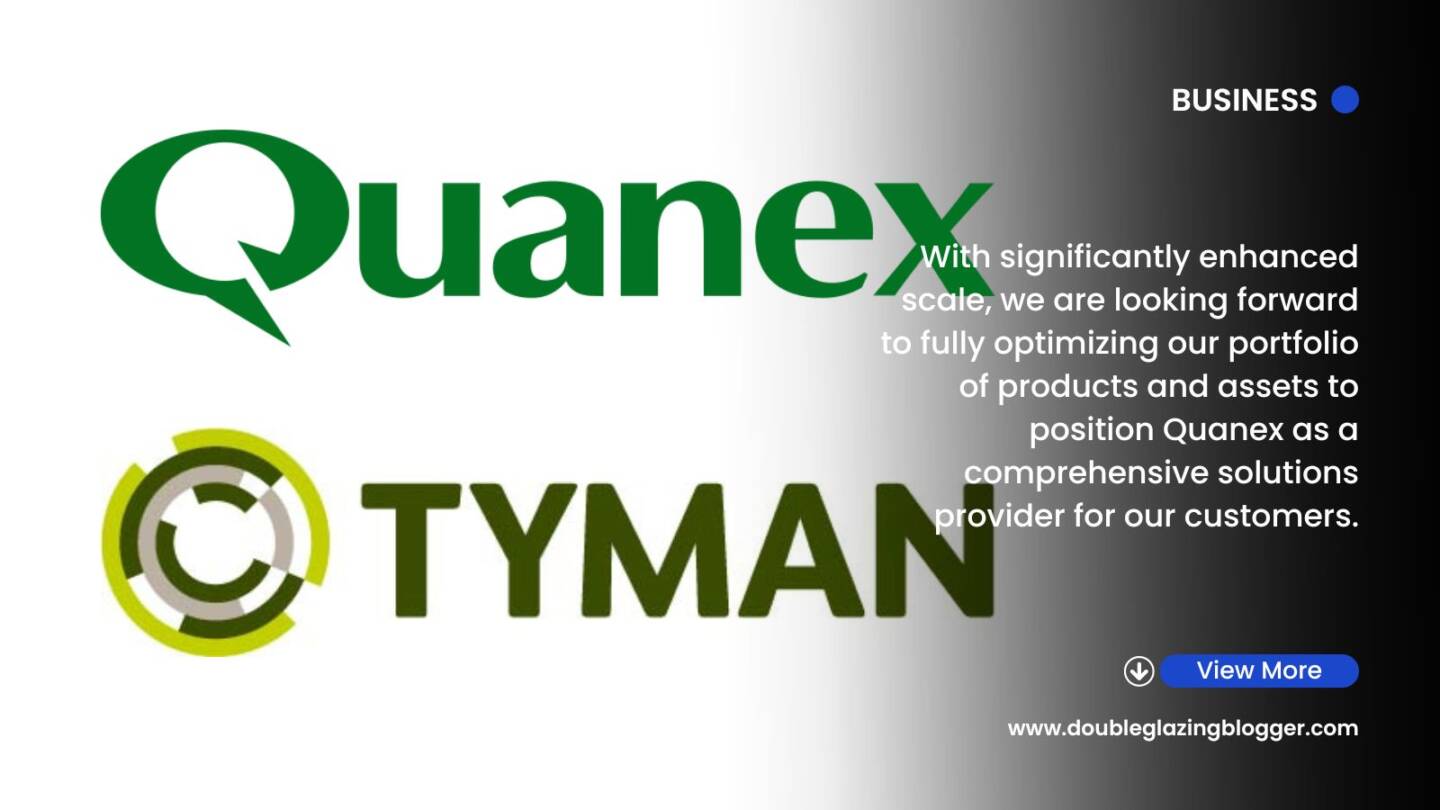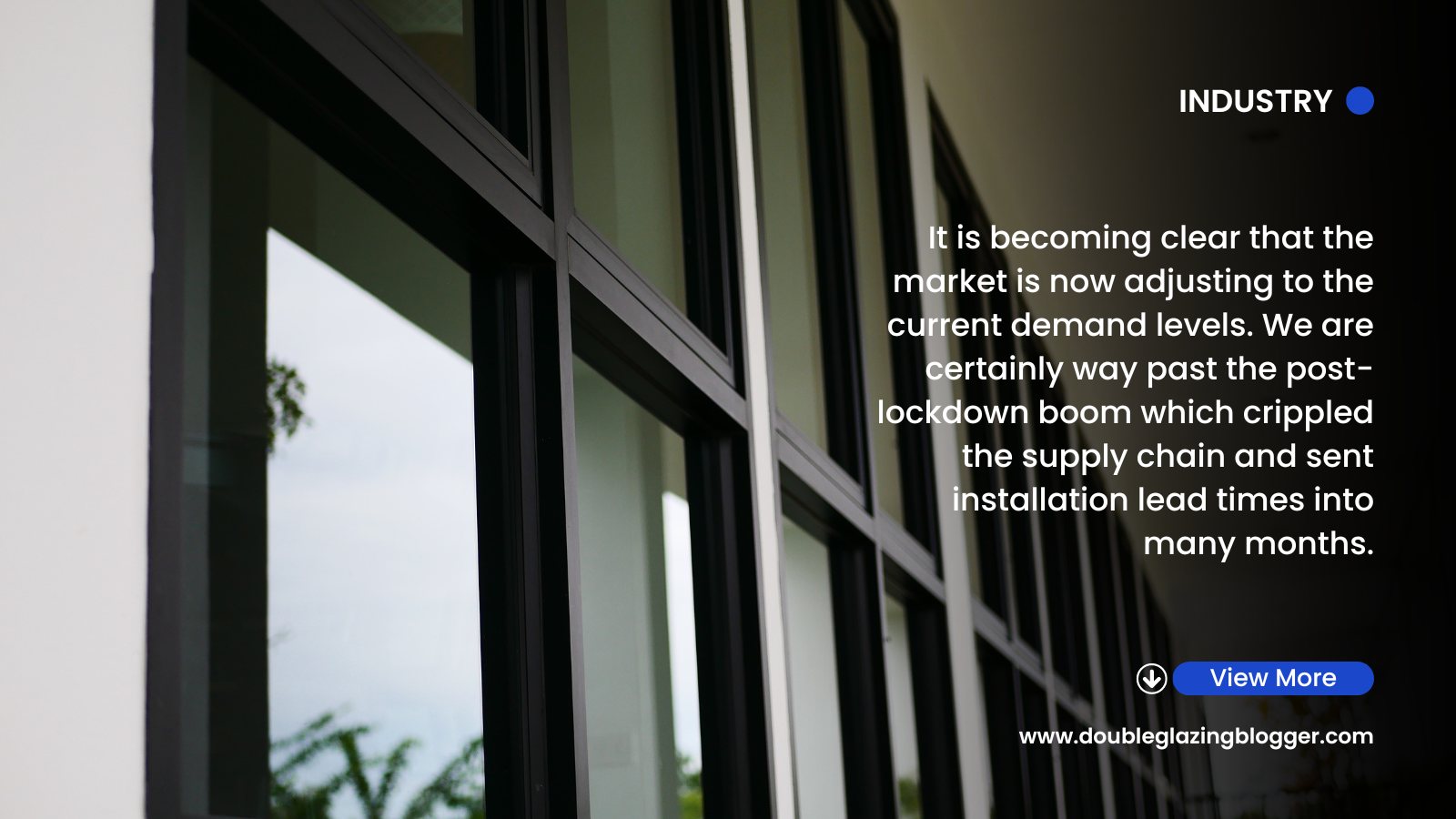More than a year after the start of the pandemic, we now find ourselves in the midst of a boom and intense high demand few of us have ever seen. For many installers, these are records months, with many already on track for record sales years in 2021.
But whilst we continue to sell at record rates, raw material shortages and a strained supply chain are causing headaches for installers, and indeed the rest of the chain. So these are some of the things you should be doing as an installer to help manage this current period.
Communicate high demand with homeowners
This cannot be said enough. Whether it’s verbal, via email, letters or smoke signals, installers need to be making it crystal clear to the end-user right now about the current high demand situation in our industry. Installation companies need to be clear that lead times for fitting are significantly longer than normal, and could rise further even after the signing of a contract. The public is still very forgiving of circumstances at the moment and I think news of trades being busy is leading to new, more flexible expectations of lead times. But to keep homeowners happy and on your side, make sure they know they’re in for a long wait.
Also, be clear and communicate about price increases. Pre-COVID price increases were few and far between. An installer would be able to give a quote to a homeowner and not have to worry about prices increasing if they waited a few months before they came back to make a decision. This is no longer the case. Prices are rising by the month, sometimes by the week. Installers need to be upfront with their customers that speed is their friend, and that they cannot guarantee their quote will go up in just a matter of weeks.
Build in contingencies
Speaking of price, it would be wise for installers to add an extra percentage to the material costs within their quotes right now. Price increases are coming in thick and fast and from all directions and it is easy to be caught out and lose money on a contract if there isn’t enough meat on the bone. Installers should be adding in contingency within their contracts just in case they are hit with an increase they didn’t forecast.
It doesn’t need to be huge, but something in the range of 5%, maybe a bit more should provide enough of a buffer just in case prices suddenly rise again.
It’s likely that prices are going to continue to rise for much of the rest of this year. High demand shows no signs of slowing both domestically and around the world, which is only going to continue to force prices up further, unless from nowhere manufacturing capacity can rapidly increase. So as it is, expect continued monthly increases. Protect yourself and make sure you add in that extra buffer.
High demand? Plan ahead!
Work is coming in thick and fast, and most hours in the day are spent quoting and fitting. But make sure to spend some time planning your fitting schedules as accurately as possible, whilst allowing some room for delays. The better planned you are the more organised your business will be and the more informed your customers will be too.
Part of that planning involves sending in orders to fabricators as soon as possible. That doesn’t mean order everything to come as quickly as possible. It means giving suppliers the very best chance possible so they can plan ahead and build up the right stock in plenty of time. Remember, they have the same demand problems installers have and they too need to know well in advance what product they need and how much. If that is left to the last minute that is when mistakes happen and the last thing we all need right now is more pressure when it can be avoided. So, send in orders, and ask for a delivery date well into the future if needed. Just give your suppliers the best chance possible.
Manage your staff
Most installers in the UK are SMEs, and most are close teams of people that all rely on each other to get the job done. Right now there is a lot of pressure on everyone. Reps to get endless streams of quotes out to customers. Surveyors with packed days and hardly any time to sit down during normal working hours to work on orders. Fitters with schedules that simply cannot afford to run behind due to the immense workload many have in front of them. Office staff that are vital to the working of any business doing their best to keep the company running as smoothly as possible.
All departments are under pressure right now, so it’s important that as a team you all work together to help each other as best as possible. I have said previously that time off away from work is very important right now. Keep weekends free where you can. It might be tempting to catch up on quotes on a Sunday afternoon, but the burnout is real right now, so something that could wait until Monday morning should indeed be left until the start of the new working week. Burned out staff who cannot focus and who make mistakes are of no value to any company.
It might also be worth proposing ideas for socialising out of company hours as a business when it becomes possible. The idea of a staff BBQ or meal out somewhere might just give everyone something to look forward to, rather than the dread of another dozen appointments.
Manage your time
By that, I mean spread out sales calls and surveys. Everything cannot be done at once, as much as we would like to service every single homeowner as quickly as possible.
At our place, we have had to start blocking off days, sometimes a week at a time where we take on no new sales appointments or showroom appointments as often the week before the following week is already full. We have to allow time to quote customers that we have already seen. We are now booking sales calls two weeks in advance to spread out the workload. Clients are perfectly fine with this. I have also seen some installers decide not to quote anything new for a fortnight just so they can try and catch up. So spread it out as far as you can. Don’t try and stack every hour of every day with sales leads, you won’t be able to service every customer correctly.
One other note, accept that you will never be on top of your work. I know how nice it is to finish the week off feeling that you have got through that to-do list, but when things are as busy as they are that is never going to happen. Save the stress and accept the situation and simply do as much as you can, and whatever is left can be done the next day or in the next week.
Other than all of the above, all I would say is to keep your heads down, do the work, communicate with your customers and suppliers as much as you can and enjoy the benefits in the bank account when they come in. It won’t be easy, it’s not going to calm down any time soon, so make sure you do what you can to manage the high demand and be thankful that we’re in a sector that is booming more than most others right now.
To get weekly updates from DGB sent to your inbox, enter your email address in the space below to subscribe:
By subscribing you agree to DGB sending you weekly email updates with all published content on this website, as well as any major updates to the services being run on DGB. Your data is never passed on to third parties or used by external advertising companies. Your data is protected and stored on secure servers run by Fivenines UK Ltd.





